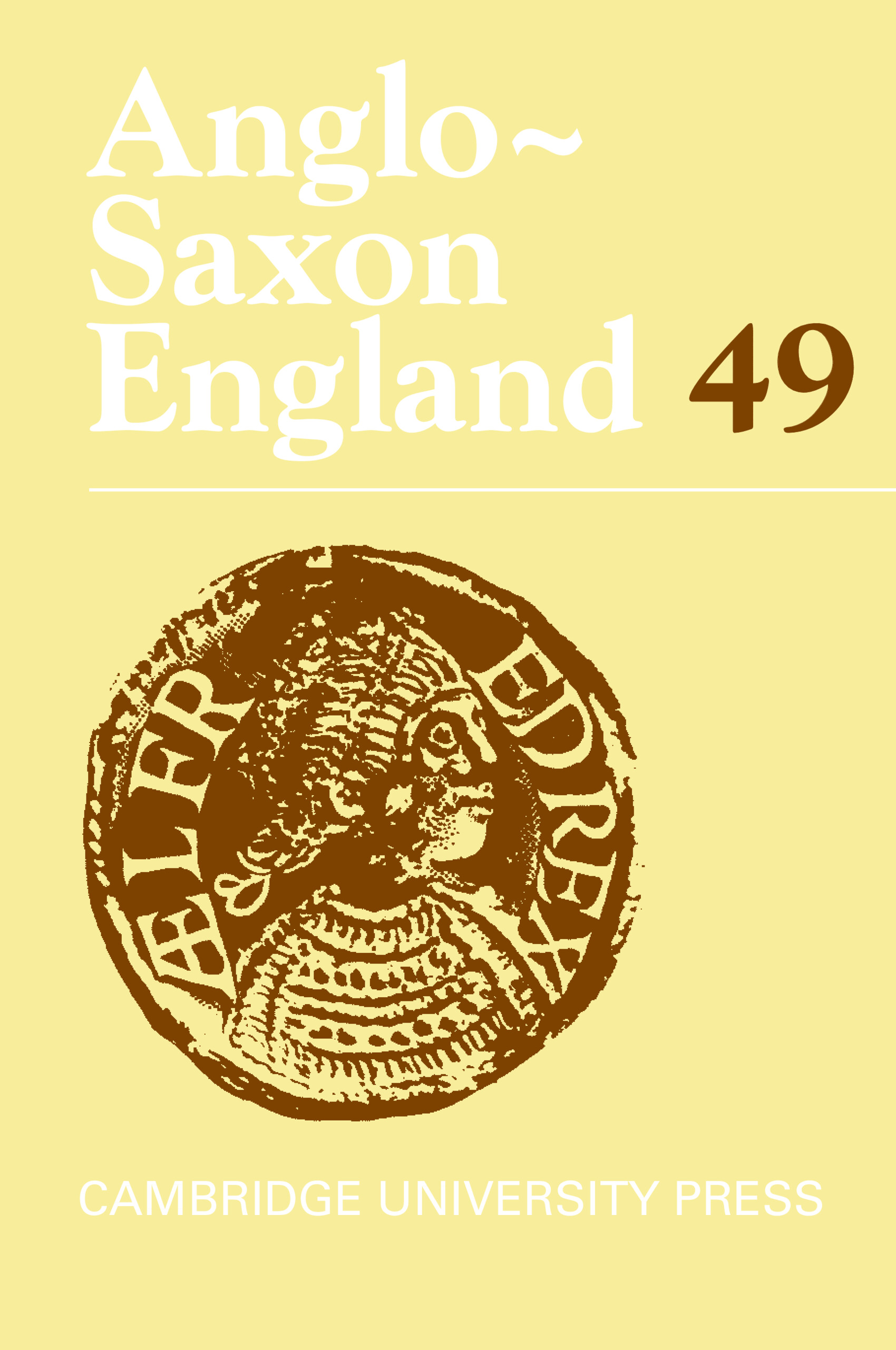Article contents
Ant-lore in Anglo-Saxon England
Published online by Cambridge University Press: 17 December 2012
Abstract
Two Old English versions of a sunshine prognostication survive in the mid-eleventh century Cambridge, Corpus Christi College 391, p. 713, and in a twelfth-century addition to Oxford, Bodleian Library, Hatton 115, 149v–150r. Among standard predictions promising joy, peace, blossom, abundance of milk and fruit, and a great baptism sent by God, one encounters an enigmatic prophecy which involves camels stealing gold from the ants. These gold-digging ants have a long pedigree, one which links Old English with much earlier literature and indicates the extent to which Anglo-Saxon culture had assimilated traditions of European learning. It remains difficult to say what is being prophesied, however, or to explain the presence of the passage among conventional predictions. Whether the prediction was merely a literary exercise or carried a symbolic implication, it must have originated in an ecclesiastical context. Its mixture of classical learning and vernacular tradition, Greek and Latin, folklore and Christian, implies an author with some knowledge of literary and scholarly traditions.
- Type
- Research Article
- Information
- Copyright
- Copyright © Cambridge University Press 2011
- 1
- Cited by


